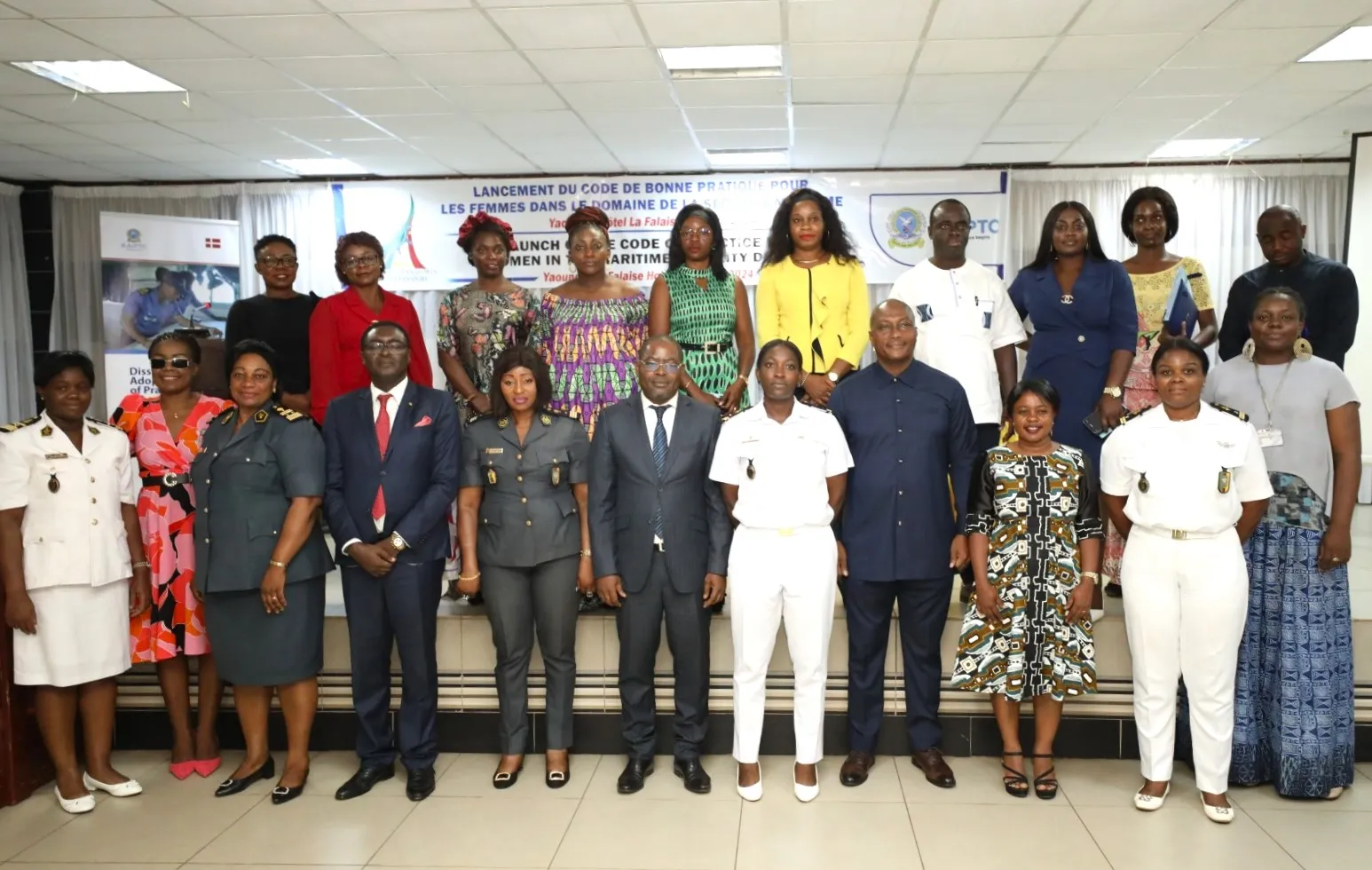In a bid to further safeguard women’s rights in the African maritime space, the Kofi Anan International Peacekeeping Training Centre (KAIPTC), on Monday, officially launched the Code of Practice for Women in the Maritime Security Domain in Lagos.
During the launch of the Code, Dr. Emma Birikorang, Acting Director of the Centre’s Faculty of Academic Affairs and Research, explained that the Code is a pioneering document that aims to ensure the welfare and advancement of women in the maritime industry. The document will also be launched in six other countries, namely Cameroon, Congo-Brazzaville, Ghana, Cote d’Ivoire, Liberia and Senegal.
Birikorang stated that the initiative was in line with the UN Security Council Resolution 1325 which urged all actors to increase the participation of women and incorporate gender perspectives in all peace and security efforts.
She said: “Today, we have extended the principles of 1325 into the maritime security domain by producing a set of guiding principles that should guide decision- makers in the maritime domain to preserve and promote the welfare and advancement of women in the maritime domain especially in the Gulf of Guinea.
Read Also: Abandoned Maritime Academy Projects To Be Scrutinized By Reps
“Indeed, women in the maritime industry deserve career protection, preservation of the welfare and promotion of their interests.
“As you may be aware, the maritime domain, especially the Gulf of Guinea, holds immense significance within the economic, social, and cultural framework of West and Central Africa. However, it also serves as a realm where multifaceted challenges, encompassing piracy, illicit fishing, and ecological deterioration, intersect with the broader concerns of gender parity, peace, and security.
“These challenges often impact coastal communities and diverse professions in the maritime security domain, disproportionately, yet the extent to which women and men contribute to the solutions to these problems is not consistently mirrored in policy implementation.
“In seeking to correct such imbalance in policy implementation, the KAIPTC through a consultative process, has drawn on the principles of 1325 to distil a set of guiding principles for promoting women in the maritime domain.
Indeed, maritime governance and maritime security actors or personnel, as used in the Code of Practice, refer to individuals responsible for overseeing and implementing measures related to the governance, security, and management of maritime activities, resources, and spaces.
